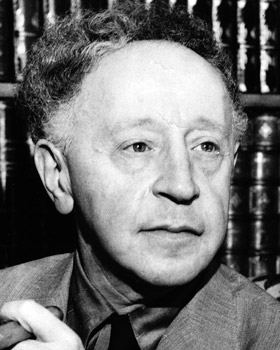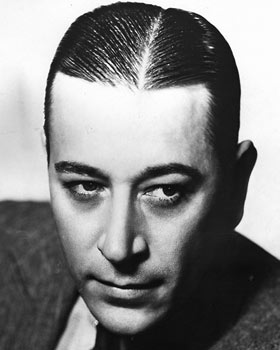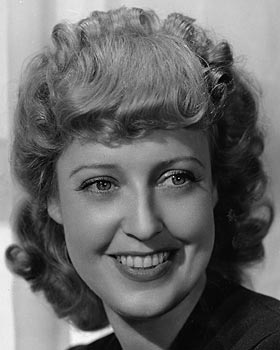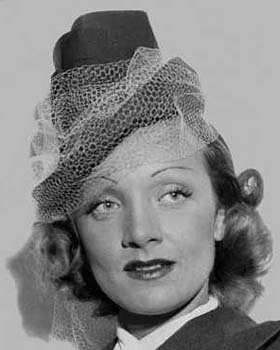Artur Rubinstein
In the 1960s, after more than six decades of unique pianistic missionary work, Artur Rubinstein — and/or his agent — suddenly decided it would be OK if we called him Arthur. To many that seemed about as appropriate as calling Michaelangelo Mike.
Artur he was, and Artur he would remain. He was after all, a special being: an artist, a poet, a bon vivant on the grandest of sophisticated scales, an articulate, emotional intellectual, a virtuoso with few contemporary or historical peers, a gentleman of the world.
Rubinstein, for us, could never be a regular Joe or, if you must, an ordinary Art. Few conveyed the essential aura of introspective music as Rubinstein did.
Other pianists played softer than he did. Other pianists played louder. He wasn't much of a pounder or thumper. He never valued power for its own stormy sake.
Other pianists played more accurately. Technical perfection never was his top priority. He sometimes dropped notes around his piano stool by the bushel. But he cared about the meaning of the music. A couple of wrong notes from Rubinstein told more about Brahms or Chopin or Beethoven than could a whole evening of right notes from less authoritative hands.
No one performed with greater freshness or spontaneity than Rubinstein. No one made piano-playing seem more natural.
No one made the piano sing as Rubinstein did. No one found so many colors at the keyboard, or applied those colors with so much passion, where appropriate, or with so much elegance.
Rubinstein was something of a visionary. He championed Szymanowski, Stravinsky, Debussy, Ravel, Poulenc, Prokofiev, Granados, Albeniz, Villa-Lobos and Falla before these composers were fashionable. Today's composers could use a comparable champion.
A man of wit, warmth and honor, Rubinstein functioned as an unabashed, incorrigible, bigger-than-life Romanticist. That is what eventually made him a marvelous anachronism. He was one of the last of the great Romanticists in a cool, callous, mechanical age.
Related stars
|
|





Share a thought about Artur Rubinstein